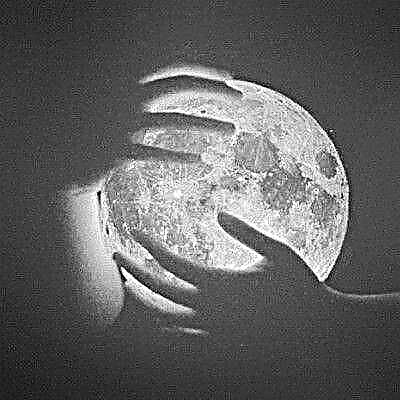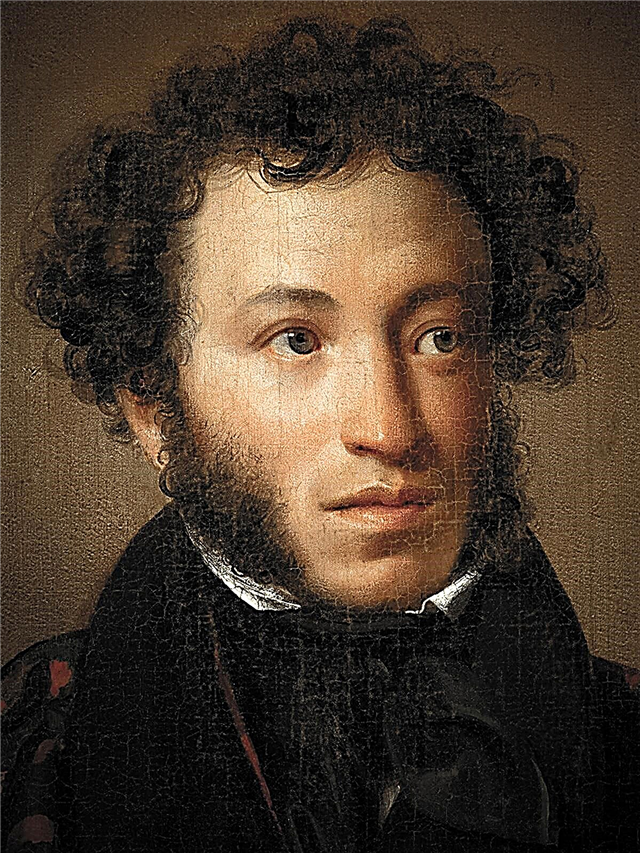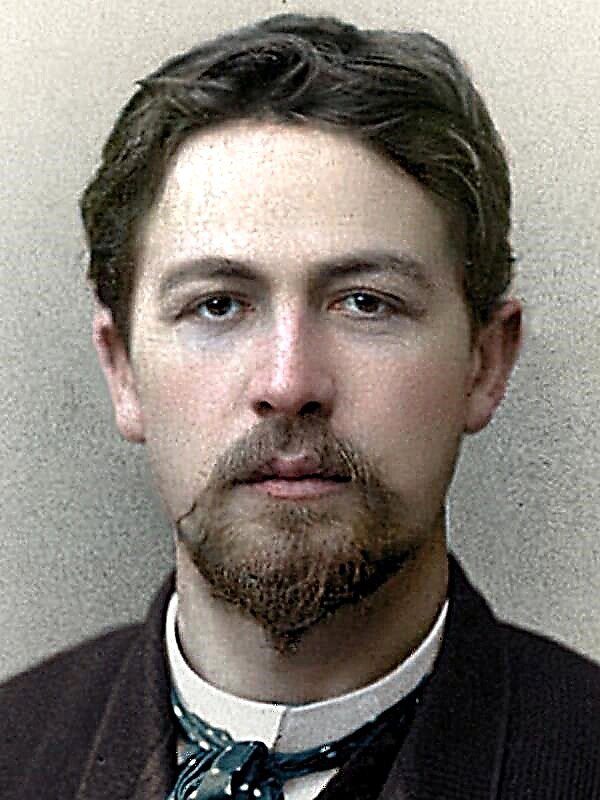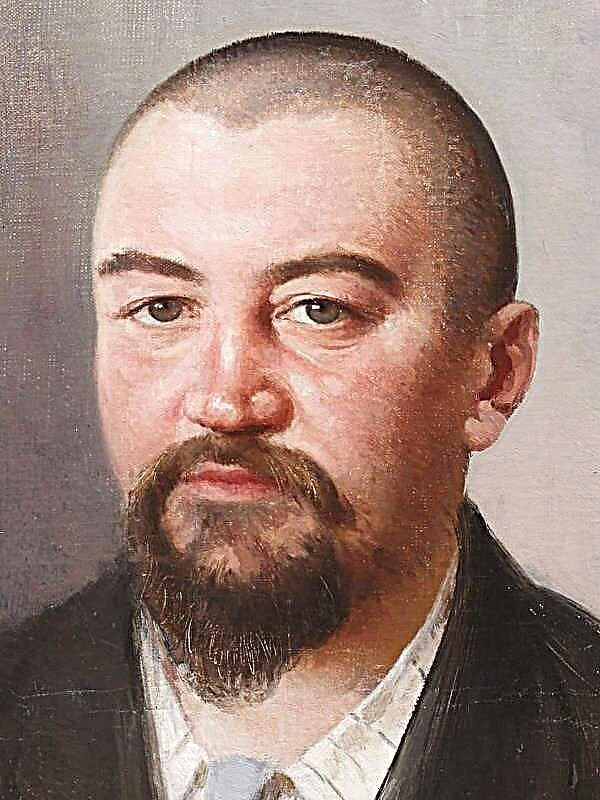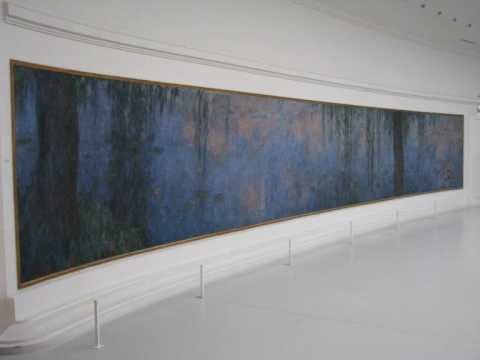"Like clear stars in the night - admire them - and be silent." In his immortal creation, Silentium! Tyutchev formulates a conclusion from his many years of reflection and prepares a commandment for posterity on how to understand beauty, love and life in general. Do not analyze, do not try to reproduce, do not copy - keep quiet and remember the moment when the Beautiful appears to you. And although Tyutchev spoke of the stars, these same words are applicable to his poems. To understand the lyrics of this extraordinary Russian poet, you need a little: admire them - and be silent.
Creative way: collections, cycles
One of the first poetic publications appeared in 1836 in Sovremennik, where A.S. Pushkin printed a cycle of 24 of his poems signed by F. T. " In the next decade, there was an upsurge in his work.
This collection of poems was not published until 1854, when Tyutchev's poetic talent was revealed and enthusiastically accepted at home, but even after that the poet eschewed the literary world and continued to write lines on random napkins and notebooks.
Researchers consider poems dedicated to Tyutchev's beloved, E. A. Denisyeva, as the only full-fledged cycle. And although the cycle is called “Denisievsky,” literary scholars still argue whether some of the works from there belong to the dedications of Tyutchev's lawful wife. In any case, this cycle of love messages in terms of spiritual depth, sincerity, anguish and philosophy is compared with the famous stories of Paolo and Francesca, Romeo and Juliet, Leila and Majuna.
Art world
Features
Tyutchev's poetics are partly similar to a colorful mosaic, and that is its beauty and uniqueness. Given that in 1822 he left for Munich as a member of the Russian embassy and lived abroad for 22 years, the vast majority of his letters, correspondence, witty conclusions were written in French. Possibly, it was living abroad and classical noble education that incited Tyutchev some archaism, deep philosophical character, and commitment to Derzhavin and Lomonosov’s “heavyweight” poetry. Yu. N. Tynyanov even believes that Tyutchev’s small poems are an echo, the decay of the form of the ode of Derzhavin and Lomonosov, and therefore feelings and composition in such “fragments” are as intense as possible.
Another striking feature of Tyutchev’s poetics is “doublets,” the same images that are repeated from poem to poem:
Arch of heaven burning with stellar glory
Mysteriously looks from the depths -
And we swim, a blazing abyss
On all sides surrounded.She, between the double abyss,
Your all-pervasive dream cherishes -
And the full glory of the firmament of the stars
You are surrounded everywhere.
It turns out that we observe a constant movement of images across poems, where each time they open from a new perspective, as well as the “fragmentation” of the very form of Tyutchev’s poetry. They combine all his work into a single whole without the ability to consider each poem separately. You must read at least the entire collection in order to determine for yourself what the poet has invested in the multifaceted image of the same “double abyss”.
Themes and motives
Researchers identify 4 main themes of Tyutchev's poetry: civil, philosophical, landscape and love. However, as we have already noticed, images and techniques are intertwined in each poem, and therefore many works combine several poetic themes.
For example, the work “December 14th, 1825” - the central poem of the poet’s civilian lyrics - is dedicated to the Decembrist uprising. Allusions to Pushkin’s “To Chaadaev” are clearly traced here: “Carries your names” - “Our names will be written”, “How a corpse is buried in the ground” - “On the wreck of autocracy”, etc.
The poem “Above this Dark Crowd” is also similar to Pushkin’s freedom-loving lyrics, the poet cries about “corruption of souls and emptiness” in the state in troubled times:
... Will you come up when, Freedom,
Will your golden ray shine?
In general, the mood of death, rock, and tragic predestination is characteristic of Tyutchev's poetics. Even love lyrics, which, it would seem, should in comparison appear as a lighter and more joyful genre, are permeated with a pessimistic mood: “Oh, how deadly we love”, “Predestination”, “Last Love”. It is important to note that it is precisely the poet’s last love poems written on the death of her beloved woman, E. Denisyeva, who named Tyutchev’s cycle of love poetry - Denisyevsky, in full tragedy. After the death of his beloved, according to the memoirs of his relatives, Tyutchev remained inconsolable for several years, and Turgenev, who visited the poet, spoke of the poet's lifeless voice; his clothes were "wet with tears falling on her."
Another masterpiece of love lyrics, the poem “I met you and everything that was old” is dedicated to the beautiful Amalia Lerchenfeld, who at the young age answered the poet with a refusal, but in her declining years she visited an old friend. Love here no longer represents the source of suffering, now it is a feeling that makes a person alive, no matter whether it is mutual or not. The poet is simply happy to see beauty and enjoy a wonderful feeling. Again, it is impossible not to notice the compositional and semantic similarity with Pushkin's “I remember a wonderful moment”.
The poem “Our Century” is traditionally attributed to philosophical lyrics, but the motives of civic poetry are also strong in it:
Not the flesh, but the spirit has been corrupt today
And the man is desperately yearning ...
On duty, having the opportunity to observe and compare life in Russia and abroad, as well as being a witness to the difficult period of the existence of the empire, Tyutchev philosophically analyzed history, and therefore many philosophical and civil poems are close in pathos. This circle of works includes Tyutchev's favorite theme - "space and chaos." Spending a lot of time thinking about the place and role of the chaotic in the world order, about the balance of day and night, dark and light, Tyutchev creates such masterpieces as “What are you talking about, night wind? "And" I'm sitting pensive and alone. "
Tyutchev called himself “the faithful son of Mother Earth,” but this is not at all an abstract image. The land in his poetry was identified with his homeland, and the poet himself admitted that the German landscape could inspire him only if the landscape looked something like native expanses. Tyutchev’s landscape lyrics are musical and figurative, filled with accurate and atypical epithets and comparisons, sensual details, which allows you to look at the seemingly long-glorified landscapes from a completely different perspective. “Summer evening”, “Morning in the mountains”, “Snowy mountains”, “Spring thunderstorm”, “Sea and cliff”, “Not that you think nature,” with all the triumph of figurative and colorful poetry, are deep philosophical thoughts about the originality, infinity and cyclicality of the world:
So connected, connected from the ages
Blood relationship
Intelligent human genius
With the creative power of nature ...
The image of the lyrical hero
The lyric hero of Tyutchev basically reflects the personality of the poet himself, and this is most revealing in his love poems. Details, allusions, hints hidden in them are taken from the poet’s life itself, his intimate experiences and feelings. Just like the author himself, his lyrical hero deeply and tragically experiences emotional upheaval. He often suffers from rock, a sense of the predestination of being, the superintelligent task of a world in which a person is not just a detail.
His hero is a thinker even in love. He constantly analyzes even feelings. His passion is a faceted gem, devoid of natural violence, but found complete in faceting.
Tyutchev's Ideas
Tyutchev's poetry is permeated with cosmic ideas and philosophical theories. The basis of his philosophical lyrics is an attempt to comprehend the laws of the Universe, the two-component nature of the world, the definition of human nature as an ideal microcosm, and so on. Later, Tyutchev's ideas will form the basis of Russian cosmism.
He was also a pioneer in the field of interpersonal relationships of people. While other poets urged readers to open their souls, expose feelings and thoughts, Tyutchev was a supporter of silent restraint, spiritual solitude of man. Only in this way can one remain honest with oneself and not vulgarize what people call the inner world.
Poetic style
In many ways, these deep philosophical ideas predetermined Tyutchev's poetic style. As we found out earlier, the compositional feature of Tyutchev’s works is fragmentation, compactness, aphorism, the presence of repeating doublet images.
Yu. Tynyanov argued that the poet’s work is a re-decomposition of the genres of oratory and romantic fragments, thus representing a unique alloy of artistic means. The most frequent of them are detailed epithets and comparisons, metaphors, deep imagery.
The original "little odes" of Tyutchev became a transitional link between the Pushkin and Nekrasov eras, thanks to the outstanding personality and talent of the poet, which became an example of amazing lyrical diversity and poetic philosophy.

